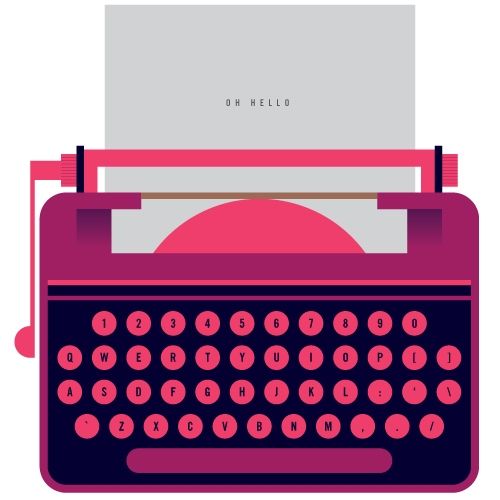Useful Vocabulary
Earlier this month, we parsed out what usefulness meant to us. Something useful is efficient, utilitarian - it takes us where we want to go without stops along the way. Usefulness plays into all categories of our lives: clothing, travel, health. If something isn’t useful to our health, why do we do it? If something isn’t useful to put on our bodies, why do we wear it?
Usefulness plays into everything - even our vocabulary. So what exactly is a useful word? A useful word must fit into the same parameters as above. There’s a certain utilitarian quality about it. A useful word has a definitive purpose. There are no frills attached. There’s a certain simplicity and directness about a useful word.
We thought about the words that are most useful to our vocabulary. To determine these words, we considered what words we might want to know if we were learning a new language, or the words that children learn first. When children are learning to speak, they aren’t bogged down with a vocabulary that’s complicated and laden with subtleties. Instead, they start out with a clear, useful vocabulary that can help turn their thoughts into verbal communication.
The words we would classify as useful fell into four main categories:
Definitives: Yes / No. Useful to give an answer.
Questions: What / Who / Where / When / Why / How. Useful to gain more information.
Necessities: Food / Water / Home. Useful to communicate needs.
Manners: Please / Thank you. Useful to express respect and gratitude.
With all of that being said, what word do you think you use the most? Do you use it out of choice or necessity?
On the flip side, what is the purpose of the words you say that are not “useful”? What purpose do they serve if not to be of use?
Join the conversation in the comments below!

